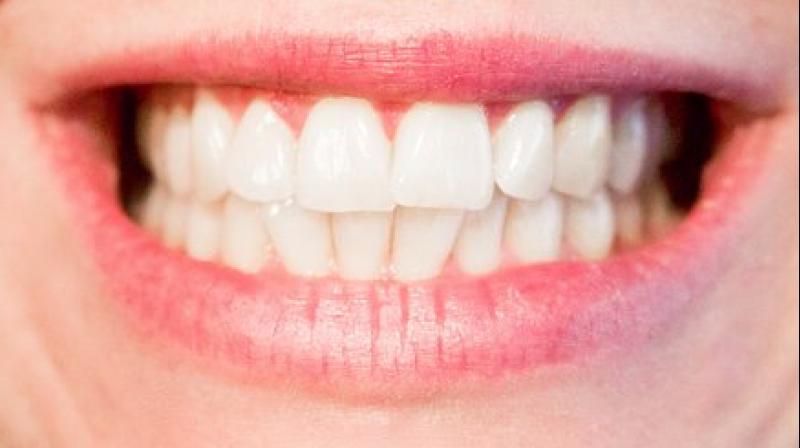Scientists design natural product to rebuild tooth enamel, treat dental cavities
According to the World Health Organisation (WHO), dental cavities affect nearly every age group and cause serious health concerns.

Scientists have designed a convenient and natural product that uses proteins to rebuild tooth enamel and treat dental cavities.
"Remineralisation guided by peptides is a healthy alternative to current dental health care," said Mehmet Sarikaya from the University of Washington in the US.
The new biogenic dental products can -in theory- rebuild teeth and cure cavities without today's costly and uncomfortable treatments, according to a study published in the journal ACS Biomaterials Science and Engineering.
"Peptide-enabled formulations will be simple and would be implemented in over-the-counter or clinical products," Sarikaya said.
According to the World Health Organisation (WHO), dental cavities affect nearly every age group and they are accompanied by serious health concerns.
Additionally, direct and indirect costs of treating dental cavities and related diseases have been a huge economic burden for individuals and health care systems.
"Bacteria metabolise sugar and other fermentable carbohydrates in oral environments and acid, as a by-product, will demineralise the dental enamel," said Sami Dogan from the University of Washington.
Although tooth decay is relatively harmless in its earliest stages, once the cavity progresses through the tooth's enamel, serious health concerns arise. If left untreated, tooth decay can lead to tooth loss.
This can present adverse consequences on the remaining teeth and supporting tissues and on the patients general health, including life-threatening conditions.
Taking inspiration from the bodys own natural tooth-forming proteins, the researchers have come up with a way to repair the tooth enamel.
The researchers accomplished this by capturing the essence of amelogenin - a protein crucial to forming the hard crown enamel - to design amelogenin-derived peptides that biomineralise and are the key active ingredient in the new technology.
The bioinspired repair process restores the mineral structure found in native tooth enamel.
"These peptides are proven to bind onto tooth surfaces and recruit calcium and phosphate ions," the researchers said.

